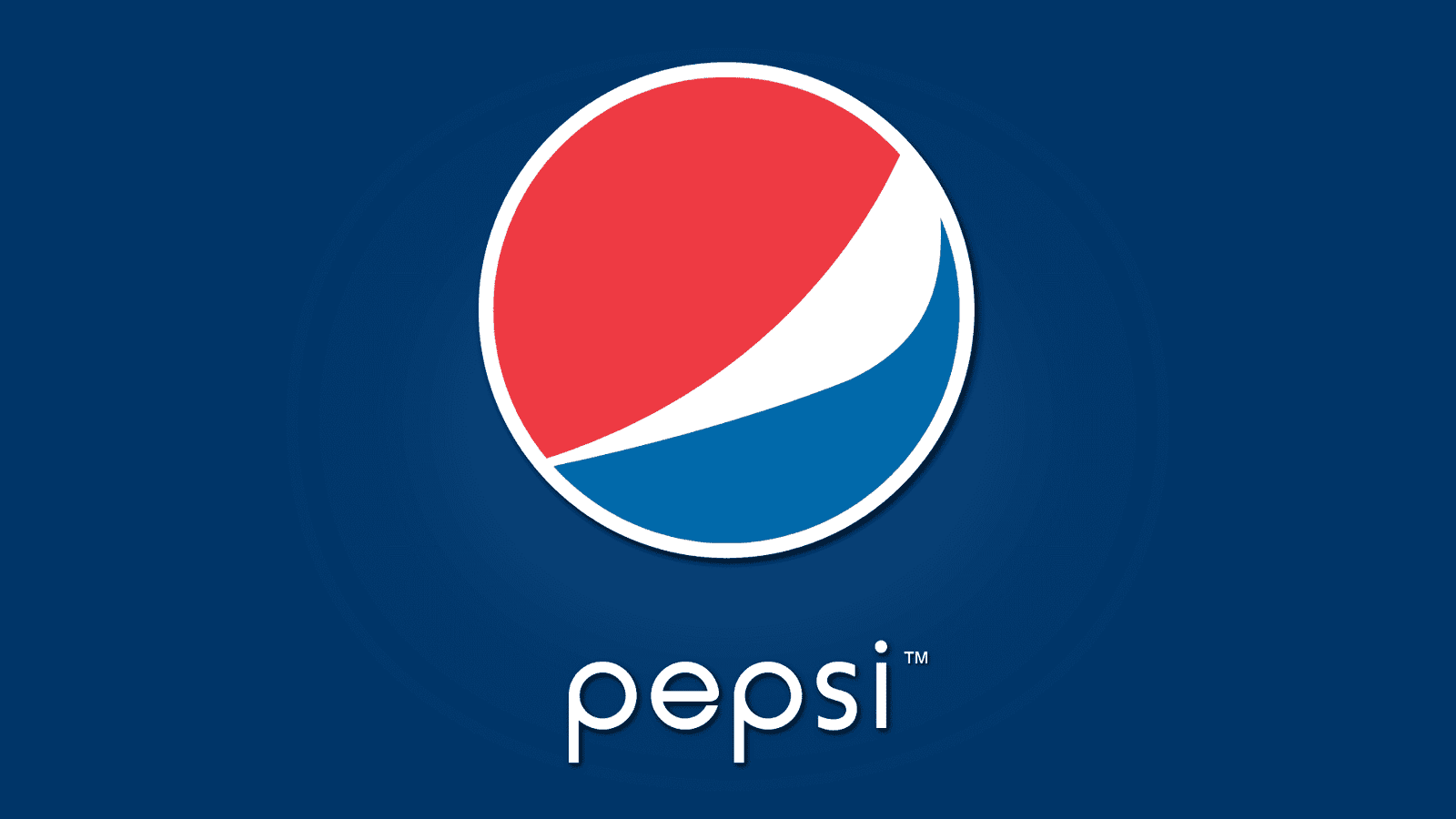PepsiCo, a renowned multinational food and beverage corporation, has an inspiring success story. From its humble beginnings in 1965 to becoming a global powerhouse, PepsiCo has consistently delivered popular brands like Pepsi, Lay’s, Tropicana, and Gatorade. Through innovative products, strategic acquisitions, and a commitment to sustainability, PepsiCo has achieved remarkable growth and earned a prominent position in the industry.
Table of Contents
Company Information:
- Company Name: PepsiCo
- Founder Name: Donald M. Kendall, Herman Lay
- Founded Year: 1965
- Headquarters: Purchase, New York, United States
Products:
- Carbonated soft drinks (Pepsi, Mountain Dew, Mirinda, etc.)
- Snacks (Lay’s, Doritos, Cheetos, etc.)
- Juices and juice drinks (Tropicana, Naked Juice, etc.)
- Sports drinks (Gatorade)
- Ready-to-drink teas and coffees (Lipton, Starbucks)
Competitors:
- The Coca-Cola Company
- Mondelez International
- Dr Pepper Snapple Group
- Kraft Heinz Company
- Nestlé
Company History & Growth:
- 1965: PepsiCo is formed through the merger of Pepsi-Cola and Frito-Lay.
- 1986: Acquisition of Taco Bell, marking PepsiCo’s entry into the quick-service restaurant industry.
- 1998: Acquisition of Tropicana, expanding PepsiCo’s presence in the juice market.
- 2001: Formation of the PepsiCo International division, focusing on global expansion.
- 2006: Acquisition of Star Foods and Stacy’s Pita Chip Company, entering the snacks market.
- 2010: Introduction of the Performance with Purpose initiative, emphasizing sustainability and social responsibility.
- 2016: Acquisition of KeVita, a leading probiotic beverage company, to expand into the functional beverages segment.
- 2020: Launch of PepsiCo Positive, a sustainability strategy to reduce greenhouse gas emissions and promote recycling.
Challenges & Lessons:
- Adapting to changing consumer preferences and health concerns.
- Balancing global expansion with local market needs.
- Navigating competitive beverage and snack markets.
- Addressing environmental sustainability and social responsibility.
Innovations:
- Development of new beverage flavors and snack varieties.
- Introduction of healthier product options and portion control.
- Integration of technology for efficient operations and supply chain management.
Achievements or Milestones:
- Strong market presence and brand recognition worldwide.
- Continuous revenue growth and profitability.
- Sustainable sourcing and environmental initiatives.
- Philanthropic efforts to support communities and education.
Recognitions & Awards:
- Forbes’ World’s Most Valuable Brands list.
- Ethisphere Institute’s World’s Most Ethical Companies.
- Dow Jones Sustainability Index inclusion.
Recap of the company’s success story and achievements:
PepsiCo has emerged as a global leader in the food and beverage industry through strategic mergers, acquisitions, and a diverse portfolio of popular brands. Its commitment to innovation, sustainability, and consumer-centric products has driven continuous growth and market expansion. PepsiCo’s achievements include strong financial performance, a focus on environmental sustainability, and recognition as a socially responsible company.
What entrepreneurs can learn from this company success story:
- Adaptability to changing consumer trends and preferences.
- Embracing innovation to meet evolving market demands.
- Balancing global expansion with localized strategies.
- Prioritizing sustainability and corporate social responsibility.
- Building a diverse and resilient brand portfolio.



